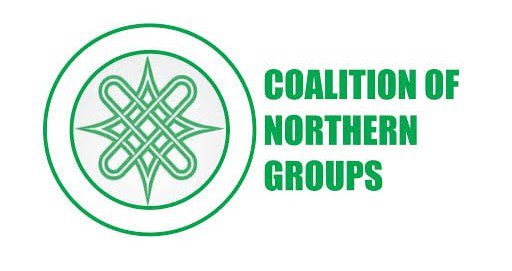The Coalition of Northern Groups (CNG) and several civil society organizations have vehemently opposed the tax reform bills submitted by President Bola Tinubu to the National Assembly. Speaking at a town hall meeting in Kaduna on Thursday, the groups expressed concern that these reforms would exacerbate economic hardship, marginalize regions, and undermine Nigeria’s unity.
The meeting, themed “Tax Reform Bills: A Catalyst for Economic Growth or a Burden on the People?” brought together policymakers, academics, civil society actors, youth groups, and community leaders to discuss the bills’ potential socioeconomic impact.
Participants noted that the proposed reforms, alongside other economic policies such as the removal of petrol subsidies, increased electricity tariffs, and the devaluation of the naira, have already worsened the standard of living for many Nigerians.
Salisu Nuhu, Deputy Director General of the Northern Elders Forum, highlighted the fundamental role of taxation in society but criticized the framework within which the reforms are structured. He stated:
“The framework within which we gather and utilize these resources determines whether tax becomes a catalyst for economic growth or a burden on our people.”
Jamilu Charanchi, National Coordinator of the CNG, echoed these sentiments, arguing that the tax reforms would deepen poverty, increase unemployment, and stifle local businesses. He noted that the policies appear to disproportionately target Northern Nigeria, raising concerns about intentional regional marginalization.
Charanchi added:
“The region, already lagging in economic development, would bear a significant share of the economic burden, further marginalizing its population.”
The proposed telecommunications tariff hike by the Federal Government was also criticized, with Northern groups vowing strong opposition to the plan.
The tax reform bills have sparked nationwide criticism. Opposition has come from various stakeholders, including the National Economic Council, the Northern Governors’ Forum, the South-East Caucus of the Senate, religious leaders, and the Academic Staff Union of Universities (ASUU).
Furthermore, The consensus at the town hall meeting was clear: Nigeria needs equitable, inclusive, and people-focused reforms that promote sustainable development and prioritize the well-being of all citizens.
Also the outcome of these deliberations may influence legislative decisions as the nation grapples with balancing economic recovery and citizen welfare.
Stay tuned to 9am News Nigeria for more Breaking News, Business News, Sports updates And Entertainment Gists.
















